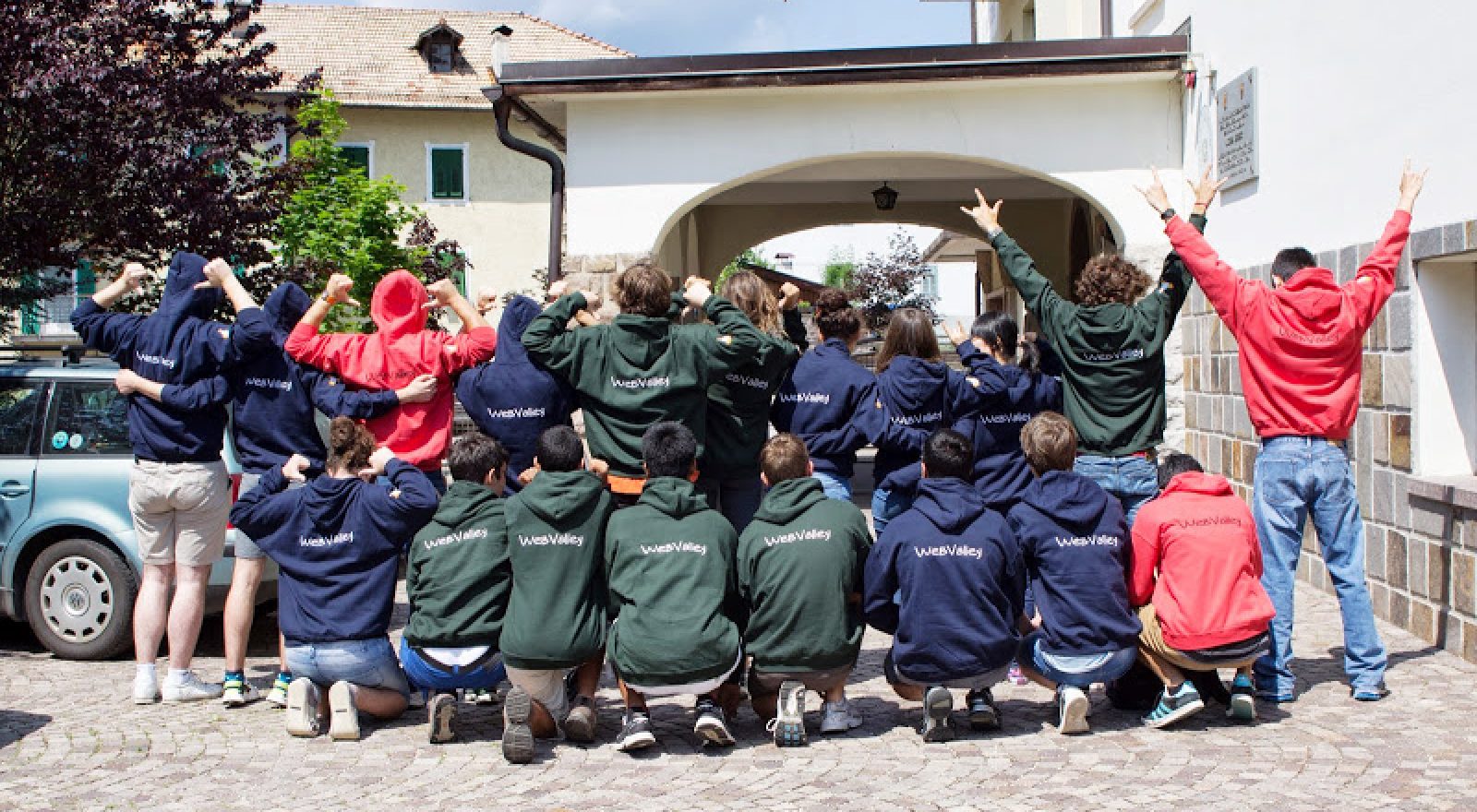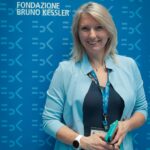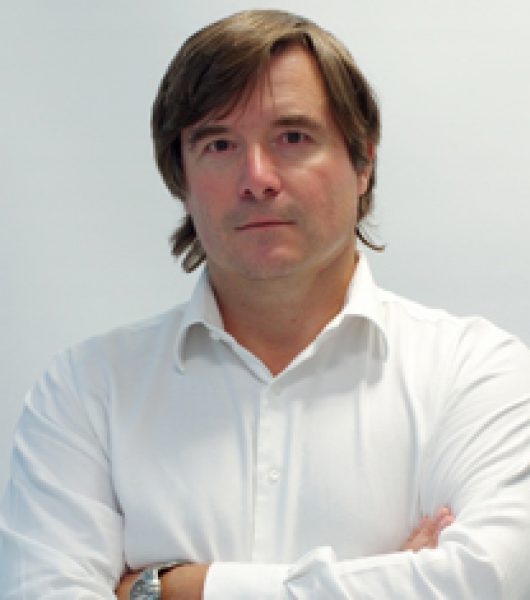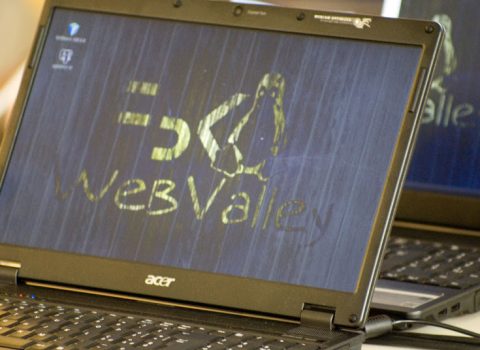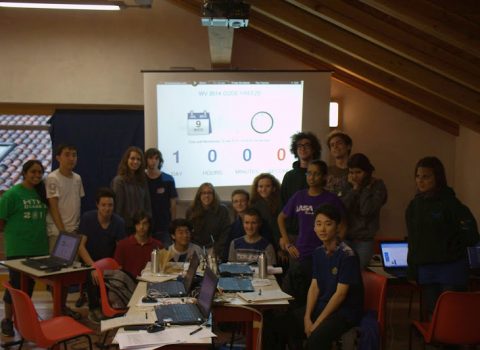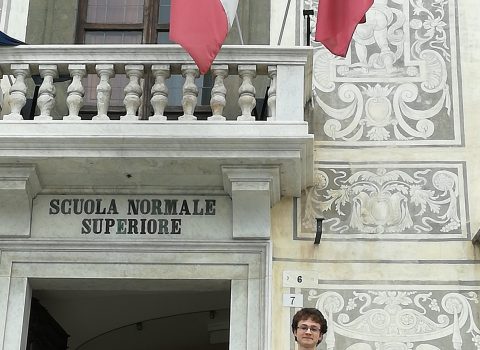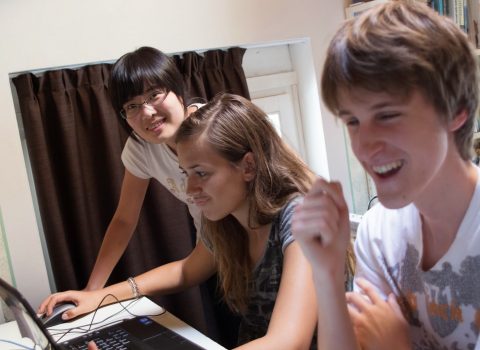
Ready to start? Here’s the Webvalley 2017 team
12 Italians, of which 6 from Trentino, and 6 Americans are the protagonists of the 17th edition of WebValley, which will open the lab on Sunday, June 18, in Casez, Valle di Non (Trentino).
Mr. Profumo (FBK president): “Students spend three full weeks with our research group in the Trentino valleys and in those places far from the big cities something magical happens.”
This is the complete group:
International Students – Aurnov Chattopadhyay (Irvine, US), Elliot Gorokhovsky (Lafayette, US), Mihir Patel (Great Falls, US), Sachin Konan (Chandler, US), Surabhi Mundada (Olympia, US), Vivek Gopalakrishnan (Lexington, US).
Italian students – Alessandro Marchioro (Verona), Andrea Zanin (Arco, TN), Enrico Alarico Carbognani (Calci, PI), Gregorio Giovanazzi (Bolzano), Jan Pizzuti (Bressanone, BZ), Marco Zamboni (Trento), Martina Parisi (Rovereto, TN), Matteo Albi (Peschiera del Garda, VR), Nunzio Fallico (Bronte, CT), Paolo Iachemet (Trento), Sabrina Vianini (Mori, TN), Sofia Asteria Piffer (Terlago, TN).
WebValley is the “data science” Summer School that, since 2001, Trento-based Fondazione Bruno Kessler has dedicated to young people between the ages of 17 and 19 to introduce them to interdisciplinary research.
“Fondazione Bruno Kessler focuses on young people’s education, and more and more our researchers are committed to walking the students to the professions of the future,” recalls FBK president Francesco Profumo. “WebValley’s is a unique case: it’s not a training school, but a real dive into the world of research.”
And Profumo explains the successful formula of the FBK camp: “Students spend three full weeks with our research group in the Trentino valleys, and in those places, far from the big cities, something magical happens. FBK brings young people, as well as fast internet connection, and turns those places into the center of the world. The students participate in the small town’s life, meet people, participate in the Church’s YMCA-like and Town Council activities. Each of them is presented with a research project in which they plunge every day for 21 days and shortly achieve successful results, already applied in Trentino-based companies such as Cavit. Once back at home, these girls and boys, even those coming from abroad, bear testimony to what they learned and lived in WebValley for many years. ”
“Our story, that of FBK and that of our Trentino,” concludes Mr profumo, “starts from them, from what they are able to learn. It is a cultural and skills baggage that they will carry along throughout life. “
Objective of the 2017 edition
WebValley 2017 is being held in Val di Non (Trentino) from Sunday, June 18 and will end on Saturday, July 8. Three weeks of study during which participants will work alongside researchers in the lab that was set up at the Casez Elementary School, with the aim of creating a new solution to anticipate fruit ripening and quality. A real scientific project in the field of Artificial Intelligence, which will use sensors, drones, smart technologies (IOT systems, cloud computing on GPUs, 3D printing) and deep learning combined with biology and Environmental health research.
Students will be joined by FBK researchers alongside international experts, including Dragos Margineantu, a researcher with Boeing and the Head of the AI project for UAVs, by technicians and entrepreneurs in the agri-food industry. Trentino-based companies such as Cavit, Sant’Orsola and Melinda will also be involved.
More info
Participants were selected among excellent Italian and international students, including the finalists of the INTEL ISEF Prize, the World Convention for Young Researchers. Participation is guaranteed by scholarships offered by Fondazione Bruno Kessler and includes activities in the laboratory, meals, housing, transportation, and sport and social activities.
The WebValley Internet camp formula provides for the selection of a small town in a Trentino valley where FBK prepares a technology lab, proving that, with the right team, a good idea, and high-speed Internet, one can do research even in locations that are remote compared to large urban centers. Additionally, work is conducted on a project with few hours of classroom lessons, typical of the school model, so as to offer a real research experience.
The initiative, started in 2001, has come to its seventeenth edition this year and, in total, over 300 students have participated so far. Some students from recent editions have become researchers, others live abroad and work for important international research centers; others are still working at FBK, or have started a start-up. (m.l.)
More details on the WebValley initiative and the 2017 scientific program can be viewed at http://webvalley.fbk.eu
- Read and listen to some stories of the protagonists of WebValley
- #webvalley #sensors #deeplearning #AI
- Facebook: @webvalleyinternational
- Twitter: @WebValley
